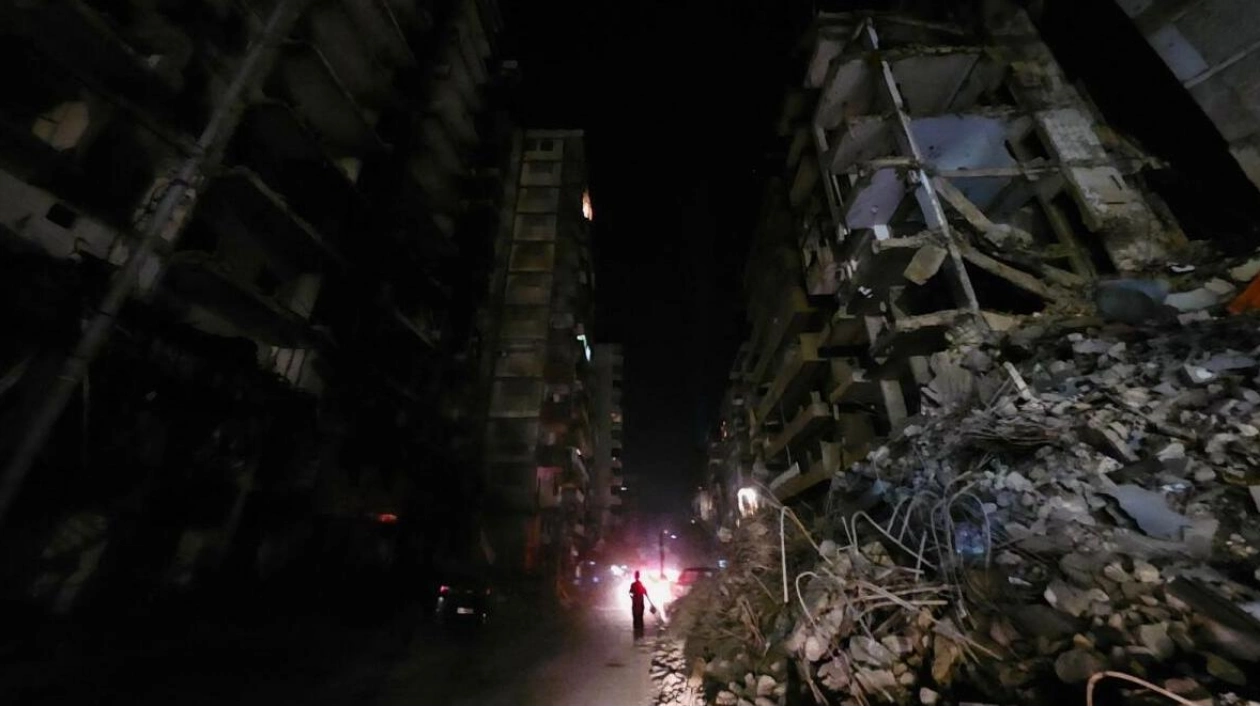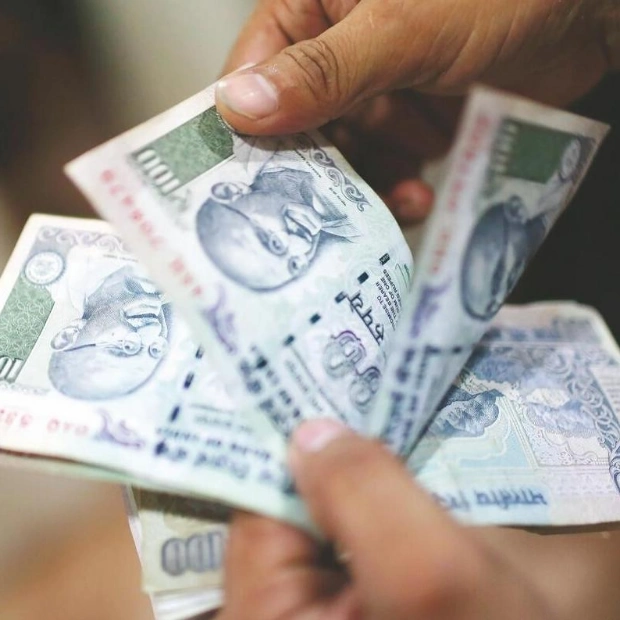Nine individuals lost their lives in Israeli airstrikes on villages in southern Lebanon on Monday, following Israel's claim that it targeted numerous Hezbollah positions in response to an attack by the militant group during a precarious ceasefire.
Both Israel and Hezbollah faced allegations of violating the truce that came into effect on Wednesday, ending a conflict that claimed thousands of lives in Lebanon and led to mass displacements on both sides of the border.
The Israeli military stated that it "struck Hezbollah terrorists, dozens of launchers, and terrorist infrastructure across Lebanon." Israel demanded that Lebanon's authorities fulfill their obligations and prevent Hezbollah's hostile actions.
Lebanon's health ministry reported that the strikes resulted in five fatalities and two injuries in the village of Haris, with four more deaths and one injury in Tallous.
Earlier, Hezbollah claimed an attack on an Israeli position in the disputed Kfar Shouba hills. Israel's military confirmed that Hezbollah launched two projectiles towards one of its posts in the Har Dov area.
Israeli Prime Minister Benjamin Netanyahu accused Hezbollah of a "serious violation" and pledged a forceful response. Israeli Defense Minister Israel Katz also vowed a "harsh response."
Lebanon's National News Agency reported strikes in the country's south, where Hezbollah holds significant influence, approximately 20 kilometers from the border with Israel.
In Beirut's suburbs, shopkeepers were busy cleaning up from air strikes and reopening their stores following the ceasefire.
Israel has conducted near-daily strikes in southern Lebanon since the ceasefire, leading to accusations from Beirut's parliament speaker Nabih Berri of truce violations.
The conflict escalated after Israel shifted its focus from Gaza to Lebanon in September to secure its northern border from Hezbollah attacks.
French President Emmanuel Macron and Saudi Crown Prince Mohammed bin Salman pledged to contribute to de-escalation in the region, including supporting the ceasefire between Israel and Lebanon.
French Foreign Minister Jean-Noel Barrot emphasized the need for all sides to respect the ceasefire in Lebanon, while Israeli Foreign Minister Gideon Saar rejected accusations of truce violations, claiming Israel's strikes were enforcing the ceasefire.
Under the agreement, Hezbollah must withdraw from areas south of the Litani river and dismantle its military infrastructure in the south. The Lebanese army and UN peacekeepers will deploy in southern Lebanon as the Israeli army withdraws over 60 days.
A committee including France, UN peacekeepers, Israel, Lebanon, and chaired by the United States is tasked with maintaining communication and ensuring violations are addressed to prevent escalation.
The United States stated it believes the ceasefire is still holding in Lebanon and is monitoring potential violations.
Source link: https://www.khaleejtimes.com






